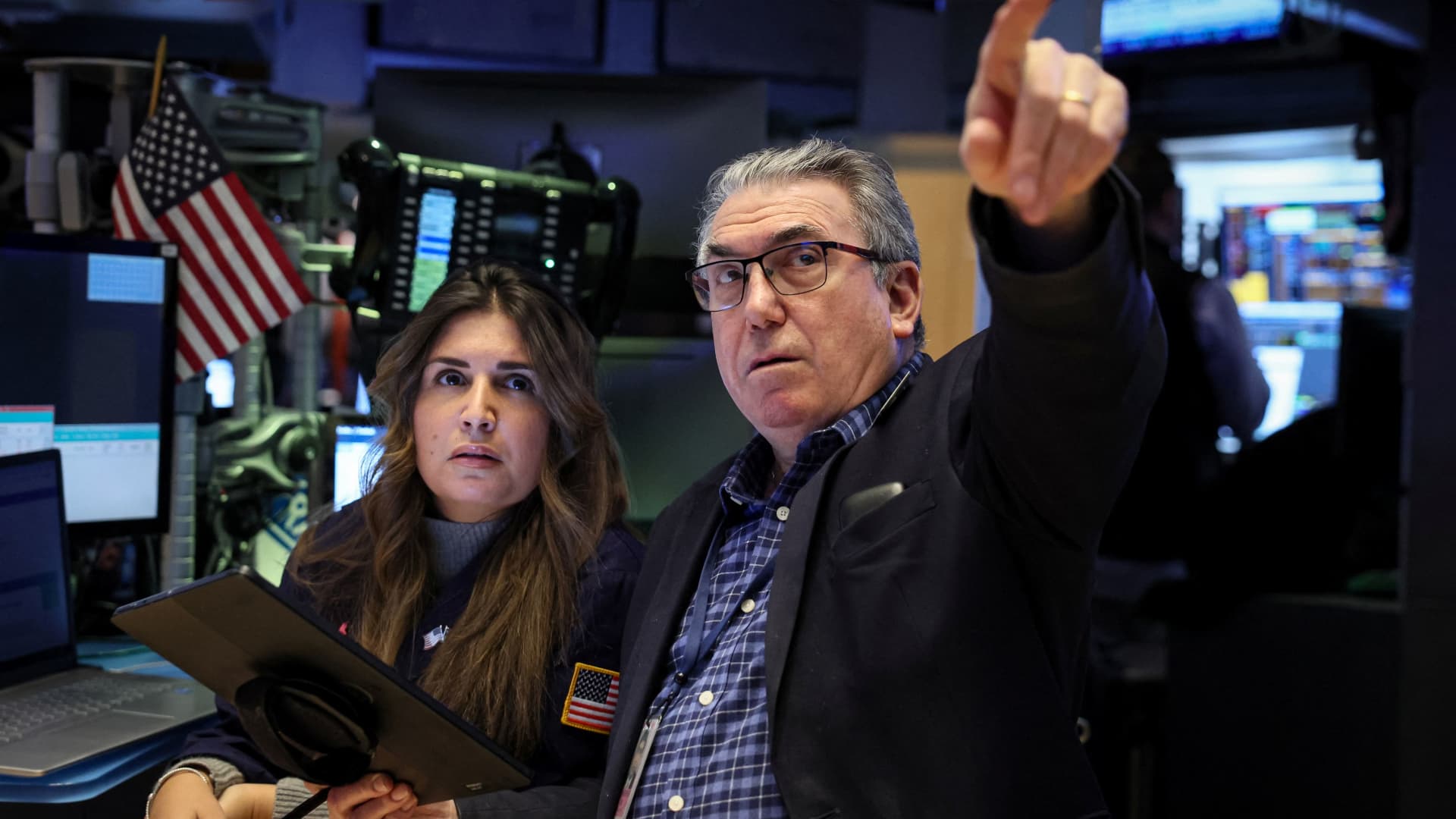South Korea Stocks Surge as Short Selling Ban is Re-Imposed, Asia-Pacific Markets Respond to Soft U.S. Jobs Report
South Korea’s stock market experienced a significant surge on Monday after the country re-imposed a ban on short selling. This move by financial authorities in South Korea comes in an effort to stabilize the market. Short selling, a practice where traders sell borrowed shares with the intention of buying them back at a lower price, has been banned until the end of June 2024.
The decision to ban short selling was met with positive responses from investors, resulting in a surge in South Korea’s stock market. The Kospi index jumped 5.66% to close at 2,502.37, while the Kosdaq soared 7.34% to end at 839.45. Both indexes recorded their best session since late March 2020.
Meanwhile, the soft U.S. jobs report also played a role in influencing market sentiment in the Asia-Pacific region. The report revealed that U.S. nonfarm payrolls increased by 150,000 in October, falling short of the Dow Jones consensus forecast of a 170,000 rise. This eased concerns that the Federal Reserve will continue to hike interest rates, thereby reducing interest rate expectations and boosting market confidence.
In Japan, the Nikkei 225 gained 2.37% at 32,708.48, while the Topix added 1.64% to reach its highest level in over one month at 2,360.46. Hong Kong’s Hang Seng index rose 1.77% in the final hour of trading, and mainland China’s CSI 300 index gained 1.35% to close at 3,632.61.
The positive market sentiment extended to the U.S., where stocks closed higher on Friday. The S&P 500 climbed 0.94%, marking its first five-day advance since June. The Dow Jones Industrial Average gained over 200 points, rising 0.66%, and the Nasdaq Composite jumped 1.38%.
Overall, the re-imposed ban on short selling and the soft U.S. jobs report have had a significant impact on market movements in the Asia-Pacific region. Investors are cautiously optimistic, and the positive market performance is a promising sign for the global economy.
Note: CNBC’s Sarah Min and Brian Evans contributed to this report.

I have over 10 years of experience in the cryptocurrency industry and I have been on the list of the top authors on LinkedIn for the past 5 years. I have a wealth of knowledge to share with my readers, and my goal is to help them navigate the ever-changing world of cryptocurrencies.











